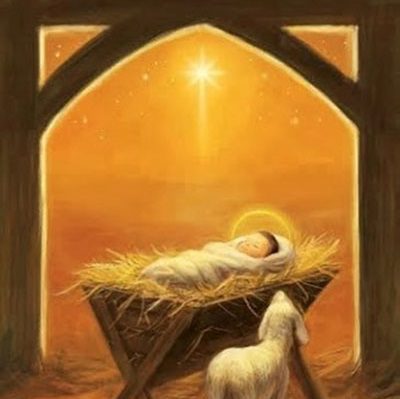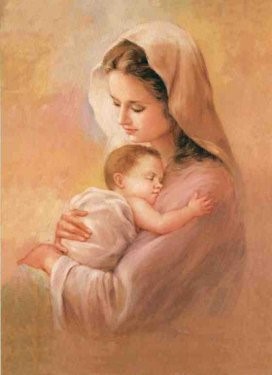
The Peace of Christ
Perhaps you have heard someone say, “The peace of Christ be with you!” But what does it mean? One of the readings for Christmas from the Book of the prophet Isaiah foretells that Jesus, the Prince of Peace, will be born (cf. Isaiah 9:5). But more than 2,000 years later after Jesus walked on this earth, why is there still so much war and violence?
Luke’s Gospel account on the birth of Jesus begins with the mention of Caesar Augustus as the reigning Roman Emperor (Luke 2:1). However, Luke’s mention of Augustus was more than just placing the birth of Christ in a historical context. Augustus was regarded as a “savior” for establishing the Pax Romana, which is an unprecedented period of peace and economic prosperity throughout the Roman empire. In contrast, Luke’s Gospel introduces the birth of a far greater Savior – not only of Israel, but for “all people” (Luke 2:10). This child will be born in exceedingly humble surroundings, in a manger, but He is the true Savior and bringer of peace to those on whom His favor rests (cf. Luke 2:12,14).
Many people are puzzled with Jesus as the bringer of peace; after all, didn’t Jesus say to His disciples: “Do you think that I have come to establish peace on the earth? No, I tell you, but rather division… a father will be divided against his son and a son against his father, a mother against her daughter and a daughter against her mother…” (cf. Luke 12:51-53). How are these seemingly contradictory accounts reconciled? Well, the division which Jesus spoke about is the resulting conflict among people, even within families, because His message will be accepted by some and rejected by others. People will be divided because some will uphold the true message of Christ, while others will believe false teachers.
So, what exactly is the peace that Jesus brings?
According to St. Paul, Jesus made peace by reconciling men with God in the Blood of His Cross (Col 1:20). In addition, by the Blood of His Cross, Jesus destroyed the hostility between those who follow the Mosaic Law and those who do not. In the early Church, the Jews and the Gentiles who have become Christians were no longer divided by the observance of the Old Law, but are united as followers of Christ (cf. Eph 2:16). Jesus made His Church the sacrament of the unity of the human race and of its union with God. He poured forth the spirit of love into the hearts of men. (CCC 813, GS 78§3) In other words, the peace that Jesus brings is the peace of reconciliation between God and man, and the peace of unity among men in His Body, the Church.
What are the implications for those of us who have been given the peace of Christ? The peace of our reconciliation with God must bear the fruits of kindness and mercy, respect and a genuine concern for others. It must also bear the fruit of unity among Christians, not only by our cooperation in charitable works, but also in what we believe. Those who sow conflict and division through gossip or controversy within a family or in the Church goes against the peace that Jesus has established and given. The true peace of Christ cannot be contained in the human heart, for it builds up only to burst forth in order to be shared with another. This Christmas and every day thereafter, let us share the fruits of the peace of Christ with others. May the peace of Christ be with you!

The following Sunday, January 1st, is the Solemnity of Mary, Mother of God. The Mass in Chinese will begin at 10:30am.

Please join us in the social hall for our potluck lunch immediately after Mass. Santa Claus will also be giving out the gifts under the Christmas Tree to the children.

The 2023 Chinese liturgical calendars are now available. Each copy is only $5. Come and get your copy before it is sold out.

Prayer List: Liang Chenjing, Deng Lizhen, Pan Bohao, Angela Griffin, Wang Dacheng, Long Guorui, Zhang Qiang, Li Kuiying and Xu Taicheng.